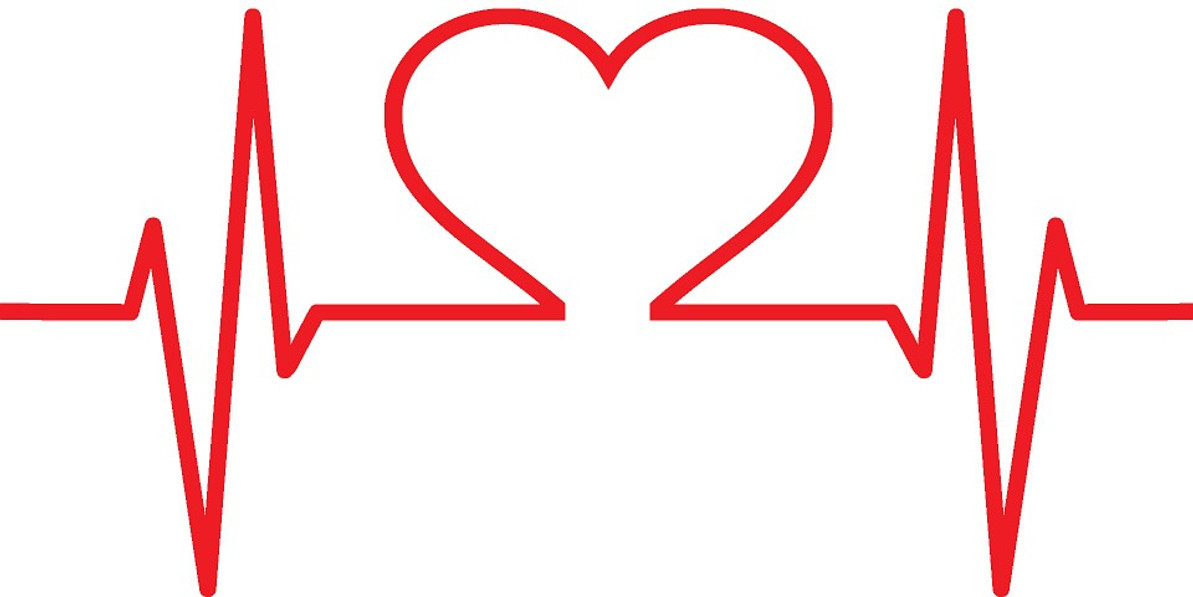How Stress Affects Heart Health

Heart disease remains the leading cause of death among men and women in the United States. According to the Centers for Disease Control and Prevention (CDC), some 600,000 Americans lose their lives from heart disease each year -- and that's only in the U.S. While medical researchers have identified a number of risk factors associated with heart disease, psychological stress continues to top the list as being one of the most influential. A new study further investigates the link between stress and heart health.
Researchers from the Massachusetts General Hospital found that the amygdala region of the brain can foretell a person's risk of developing heart disease.
For the study, researchers recruited 293 adults and asked them to undergo PET and CT scans. After examining the scans, researchers recorded brain activity, bone marrow activity, spleen activity, and inflammation in the arteries. Researchers then monitored participants' health for 2 to 5 years. A total of 22 participants had experienced either a stroke or heart attack throughout the study's period.
"The study showed, for the first time in animal models or humans, the part of the brain -- the amygdala -- that links to the risk of subsequent cardiovascular disease," said the Massachusetts General Hospital's cardiac PET/CT program co-director Dr. Ahmed Tawakol. "The amygdala is a critical component of the brain's stress network and becomes metabolically active during times of stress," Tawakol added. In his opinion, the study could supply a new understanding on how to mitigate stress–related cardiovascular diseases."
Of course, there are other steps you can take to lower your stress levels and reduce your risk of developing heart disease. Getting plenty of sleep, for instance, has been shown to reduce stress levels and anxiety. Most medical experts recommend getting 7 to 8 hours of sleep per night. Eating a well-balanced diet centering around lean meats, fruits and vegetables is also essential in reducing stress levels.
Practicing deep breathing techniques can also reduce your stress levels and improve your heart health. The next time you feel stressed and/or anxious, simply take a few minutes to conduct deep breathing. Other studies have shown this to be a highly effective way to lower stress and anxiety -- one that does not require medication.
Recent Posts
-
Fire Safety in the Workplace: What You Need to Know
What steps are you taking to prevent fires in your workplace? According to the U.S. Occupational Saf …Aug 23rd 2023 -
Is It Safe to Go Jogging With a Cold Infection?
If you're suffering from a cold infection, you might be wondering whether it's safe to go jogging. T …Aug 22nd 2023 -
5 Safety Tips to Follow When Using a Powder-Actuated Tool
Powder-actuated tools are commonly used to join materials to steel and concrete. Also known as Hilti …Aug 20th 2023




